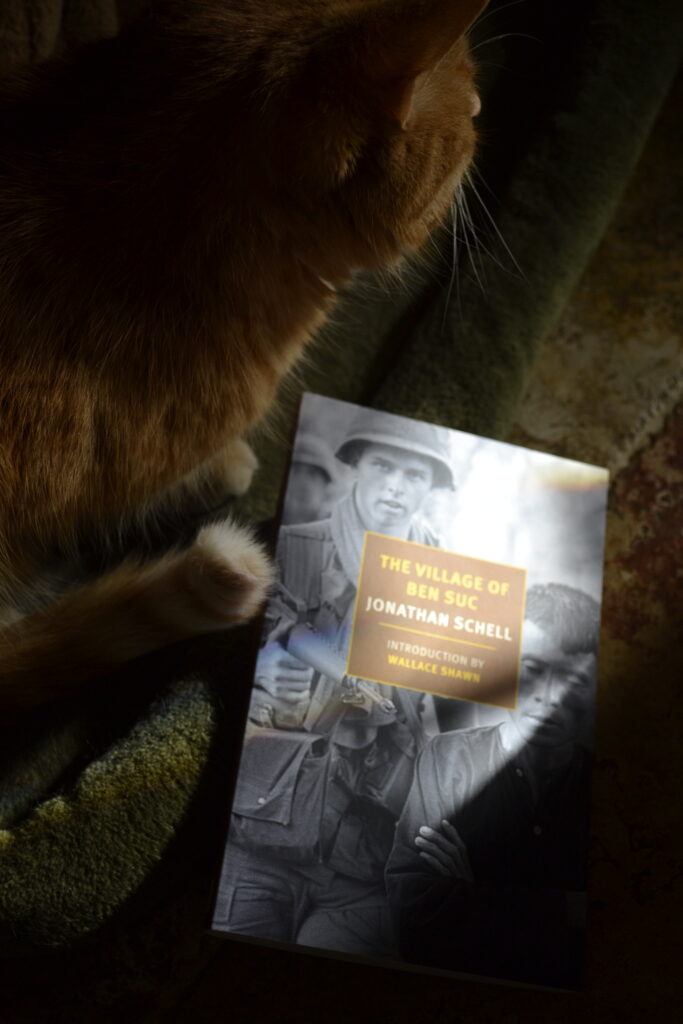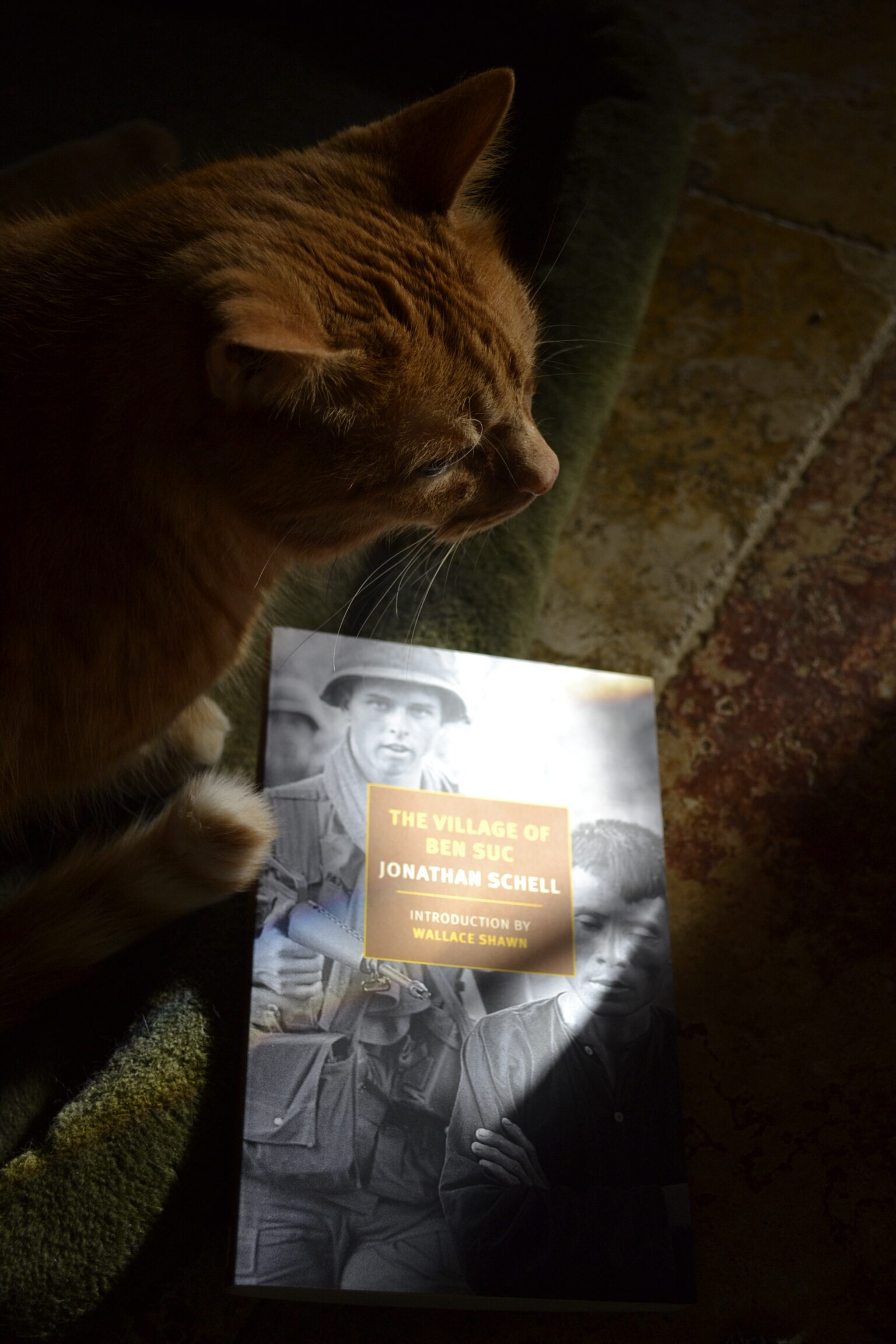Rain Soon to be Snow
The weather has gotten colder and damper and officially the first set of snowflakes have just entered the forecast. So winter is here, whether I want it to be or not. We had a lot of problems last winter. The holiday season was hard, and it’s hard to accept my oscillating feelings about this year. I want to be happy and relaxed. Instead, there are some definite feelings of dread lurking at the edges of the holiday preparations.
I know that it’s reasonable to have some worries about how this winter will go after what we went through. But sometimes it feels so suffocating. And overwhelming. It doesn’t help that Wesker seems to be struggling with the weather changes. It’s hard to get myself beyond that.
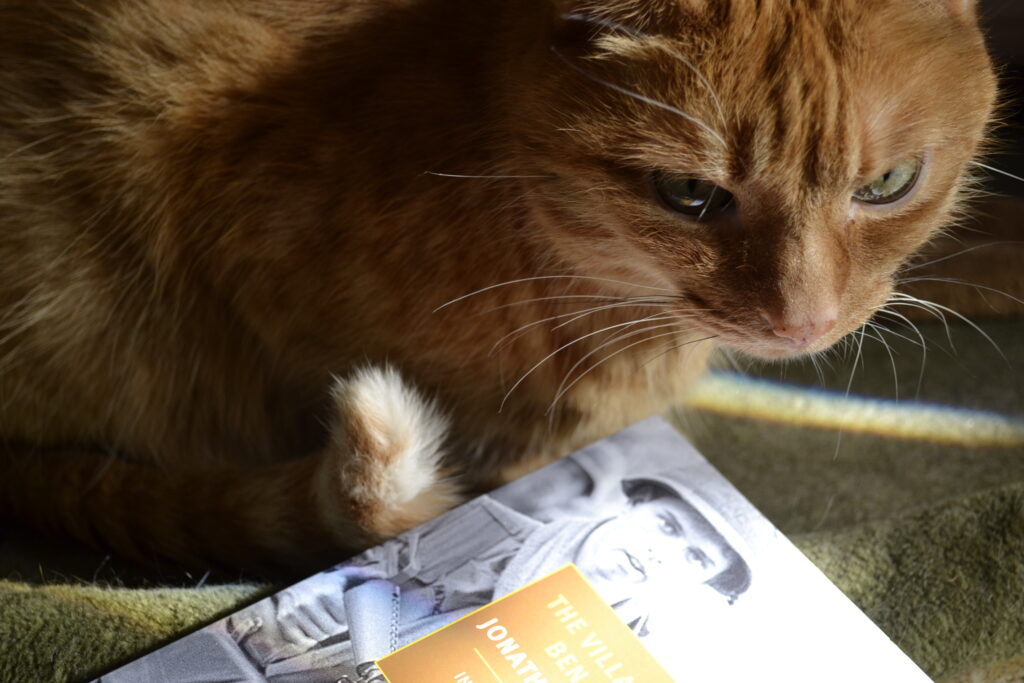
A Tale About Colonialism and It’s Destruction
This week, I’m reviewing The Village of Ben Suc by Jonathan Schell, a journalist reporting about the Vietnam War. In January 1967, the United States sent more military into Vietnam and began a large scheme that had a goal of dismantling long-held territory controlled by the Viet Cong. To accomplish this, the American forces would destroy many villages, devastate the local vegetation, and displace local populations, placing them in American controlled ‘New Life Villages’.
Ben Suc was the first target in this long-reaching campaign, and Jonathan Schell was a reporter at the beginning of his career. As he reports on the destruction and resultant devastation wrought by the American army, he uncovers the consequences of a war fought for vague goals and colonialist ambitions.
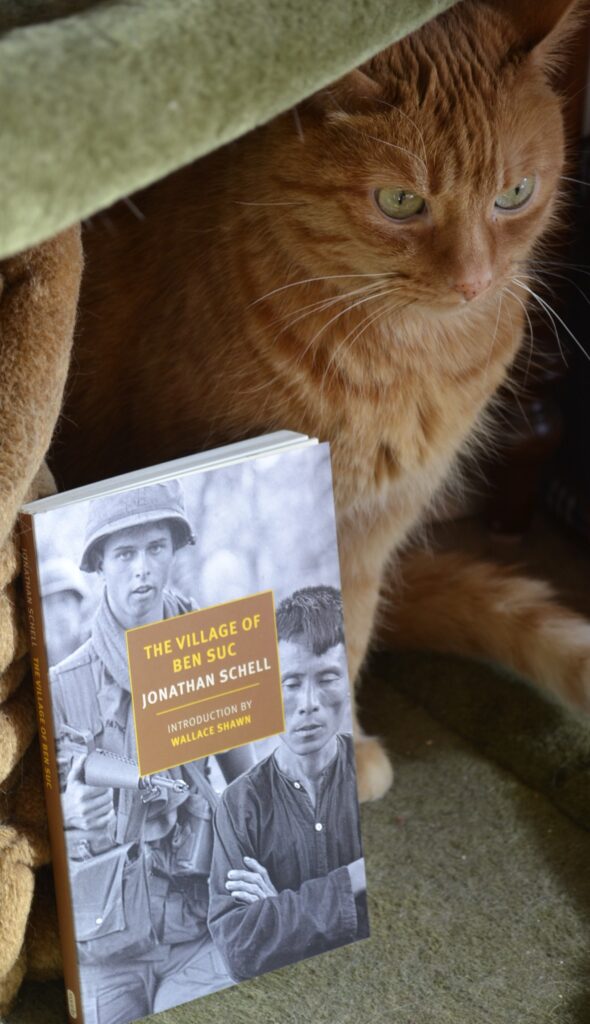
Who Told the Story?
It’s important to remember that Schell is an American and this account of the fate of Ben Suc comes with some American biases. Of all of the accounts I have read from reporters during the Vietnam War, his is not the most myopic. Schell details the bare facts of the operation without adornment, and even when it’s not flattering for the Americans. But at the same time, this account lacks a lot of emotions. It lacks an empathy that goes beyond a very surface level. Schell is trying to be objective, but in doing so almost becomes hard to read.
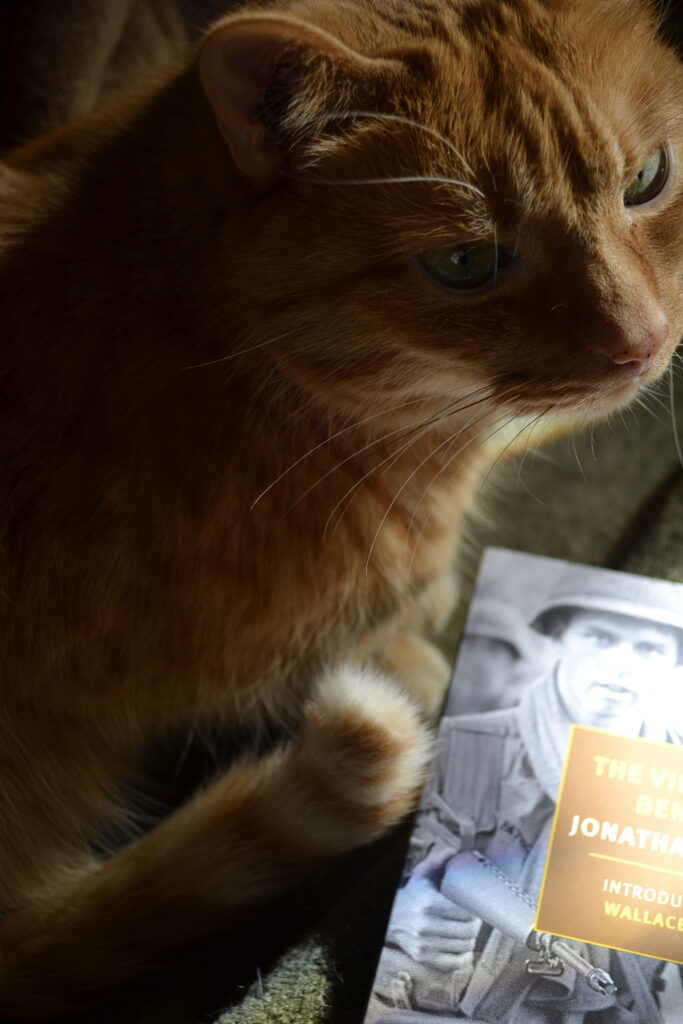
Yes, he recounts the reality of an influx of villagers to a refugee camp that is not prepared to house them and the insensitivity of army command when it comes to where these people will go and how they will live after all of their property and livelihoods have been destroyed. But he seems to pull back before ultimately connecting the dots that would hold the Americans truly accountable for their actions and push for change.
Schell reports on several disturbing things such as the uncertainty as to whether those killed by the Americans were actually the enemy and whether they were carrying weapons. He also lays bare the concerning behaviour of several American soldiers. A hard thing to write about and publish in 1967. But the starkness all the same feels unfinished. And it feels like there are several connections that are not made or accounted for.
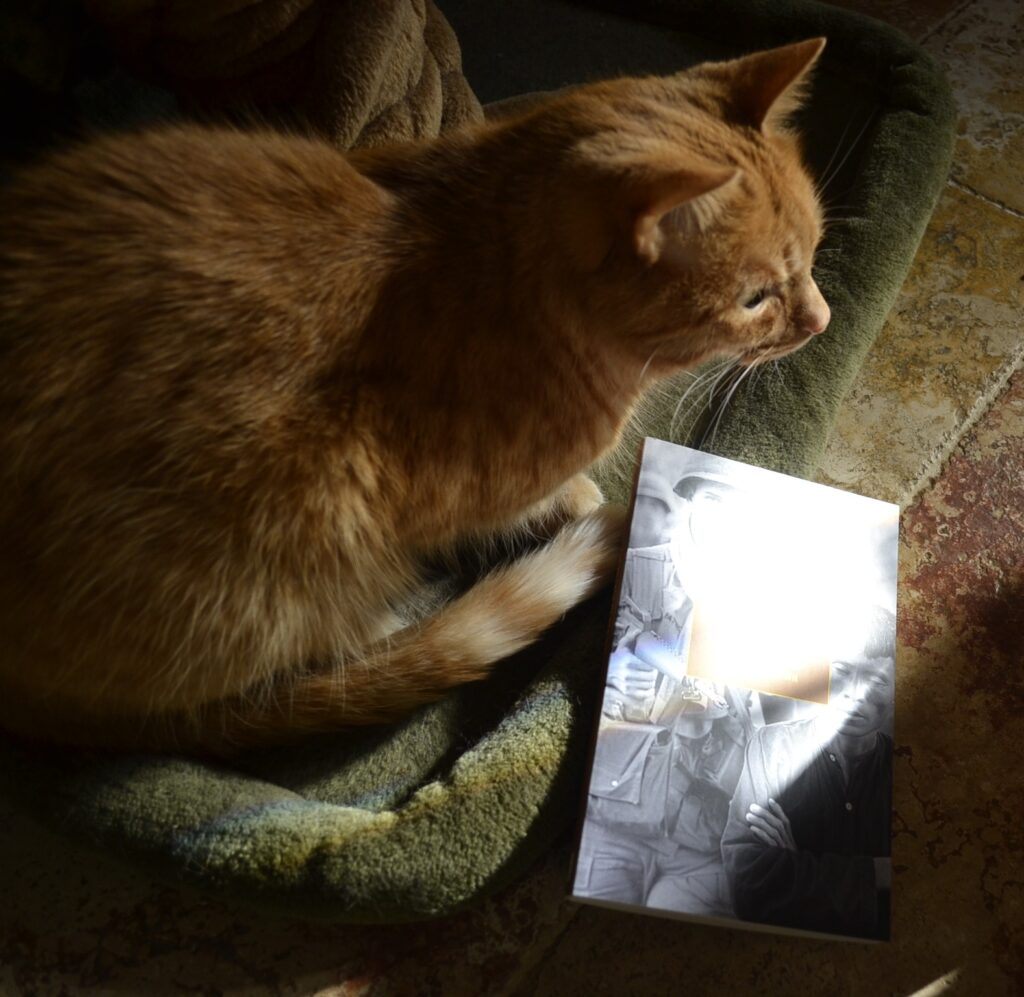
Is It True?
Schell’s account is not to be dismissed and I don’t mean to rob him of the credit due to a reporter who reported facts even when they were ugly and unwelcome. But, it’s important to know that Schell’s account does not represent the entire truth and it does not represent the villagers and the true victims of this war. While he assumes to speak for many, their voices are either warped or silent. And a reader cannot fully hope to understand the impact of the destruction of Ben Suc without pairing this book with one written from the non-American perspective.
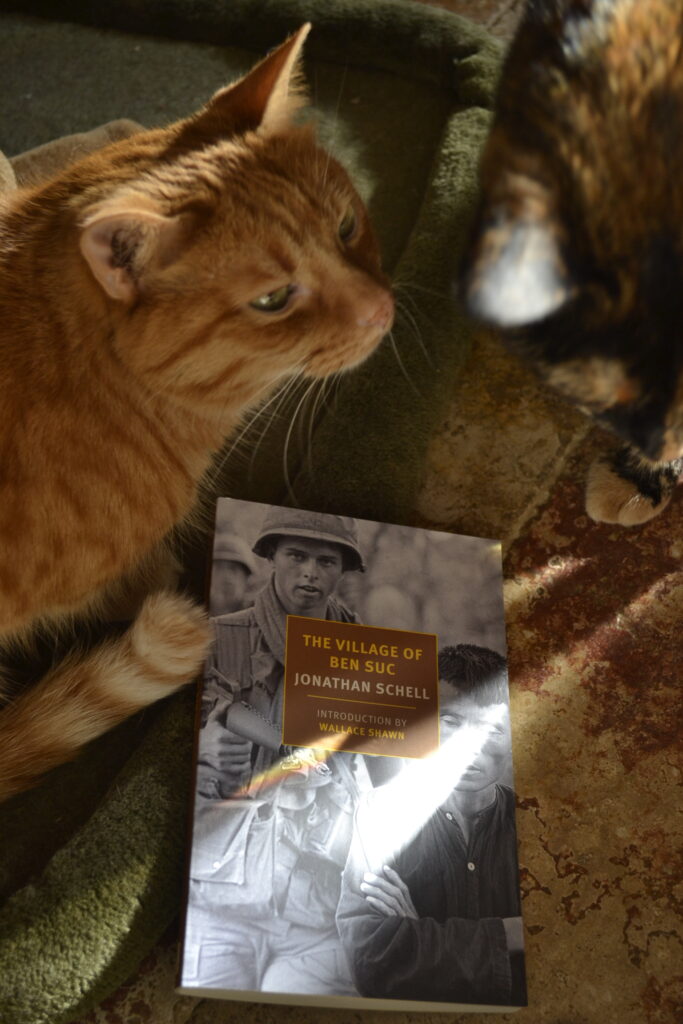
Ceaseless Worrying
I know that worrying has been tiring me out and I know that I have to both look after myself and deal with my feelings productively if I want to not be overwhelmed. And I need to accept that it’s okay to have difficult feelings even in November and December. That seems to be something I should have learned about twenty years ago, but I haven’t learned it.
